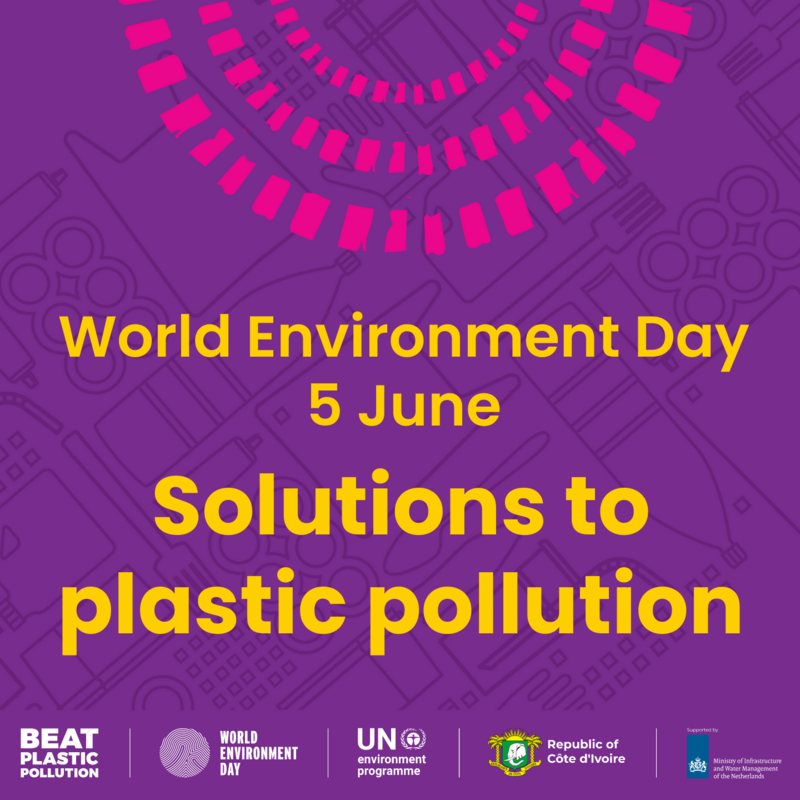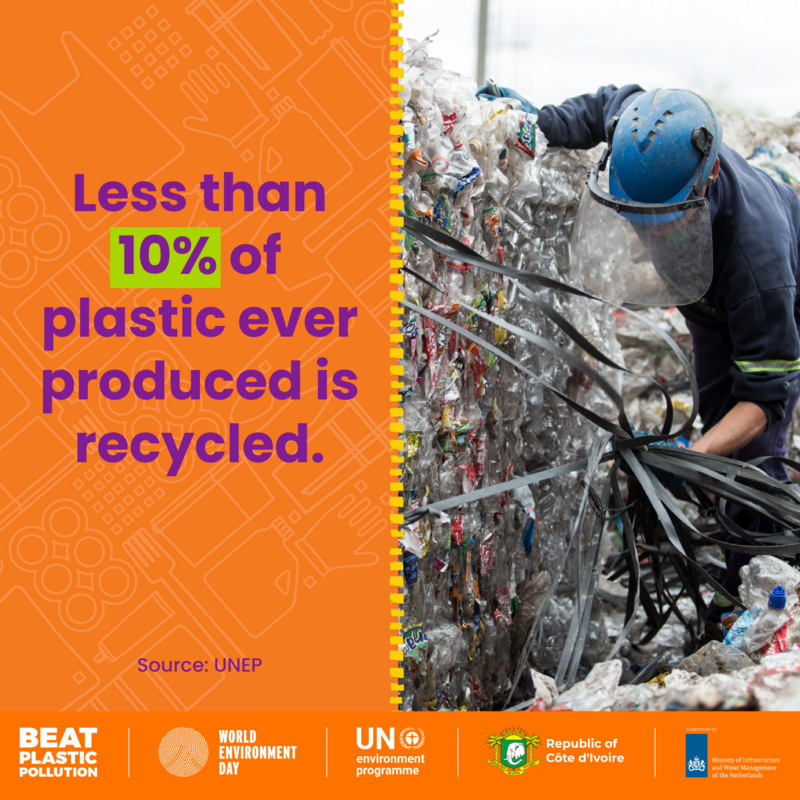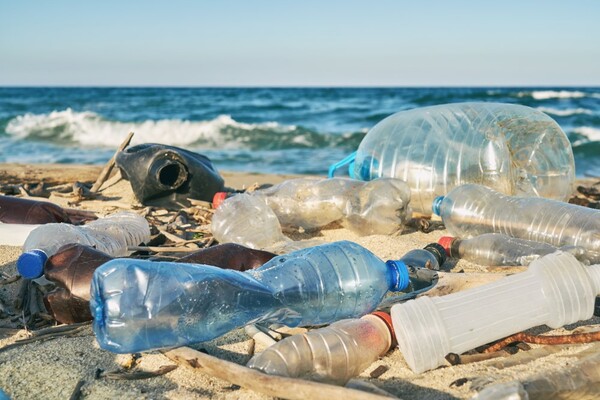
This year marks the 50th Anniversary of the United Nations Environment Programme's (UNEP) World Environment Day - the largest global platform for environmental outreach, engaging millions of people across the globe in efforts to protect and restore the Earth.
This year's theme will focus on solutions to plastic pollution under the campaign #BeatPlasticPollution
Of the 400 million tonnes of plastic produced annually, an estimated 9% is recycled and 12% is incinerated with the rest ending up in landfill, dumps and other waste management systems, or polluting the environment.
Currently, it is estimated that 19-23 million tonnes of plastic leaks into aquatic ecosystems annually – from lakes to rivers to seas – from land-based sources. It's not just the plastic you can see that's a danger - microplastics find their way into food, water and even the air.
The good news is that momentum is building towards a more sustainable, circular economy for plastics.
World Environment Day is an opportunity to put pressure on governments, companies and other stakeholders to take faster action and to tackle plastic pollution now.
Here is what you can do now to help tackle the pollution crisis:
Avoid single-use plastic products.
Buy less plastic products; buy more second-hand and reuse.
Purchase items with extended warranties that can be repaired.
Share solutions when you find them. Tell your friends and share on social media.
Make sure your voice is heard. If you see a company using unnecessary plastic (such as single-use covering fruit at a grocery store), call them out on social media or contact them directly.
Talk to your local representatives; ask them to sign up to the Plastic Smart Cities Initiative.

Summary of action points below taken from 'Redesigning systems to end plastic pollution' speech by Inger Andersen, in Paris, France (Under-Secretary-General of the United Nations and Executive Director of the UN Environment Programme):
We need:
to reduce overall plastic in products e.g, deliquefying products or changing the way we package.
to make it easier to repair, reuse, refill and recycle so that circularity becomes possible.
to make recycled polymers cheaper than virgin plastics.
to back research and development on sustainable alternatives to plastics.
to build waste management infrastructure that can cope with the load.
to create new jobs, new markets and new business opportunities.
to ensure a just transition for everyone – including waste-pickers, indigenous people and vulnerable communities.
to deal with the legacy of plastic that washes up on the shores of countries every minute, across the world.





